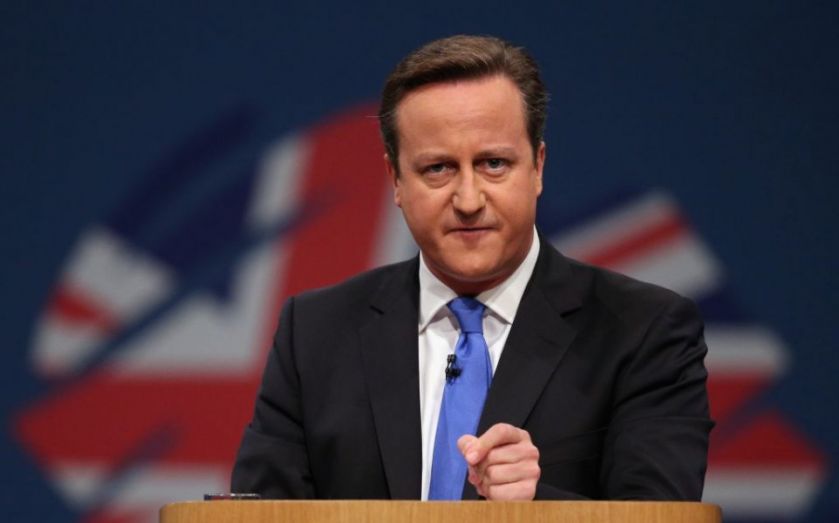Businesses want to know that the UK has safeguards against the Eurozone, says head of BCC

The head of the British Chambers of Commerce (BCC) has said he would like Britain to be protected against getting closer to the Eurozone
At the annual BCC conference today, John Longworth said the next government “must set out what it will do to protect the United Kingdom against the prospect of being in a club where all the decisions are made by, and for, the Eurozone”.
"More than any repatriation of powers, businesses want to know that the UK has safeguards against being drawn closer to the Eurozone – especially as history tells us that currency unions inevitably fall apart unless there is real political, economic and social integration,” he continued.
He went on to say it was “crucially important” to not have too long a period of uncertainty, suggesting that the EU referendum should take place in the first year of the new government, rather than the second.
Cameron made a pre-election pledge to hold a vote on whether the UK should remain part of the European Union in 2017, but the plan has attracted criticism both from within parliament and out of it.
But the BCC is a body of 92,000 businesses and five million employees across the UK, which means Longworth's opinion holds much weight both politically and commercially.
Prime Minister David Cameron followed on from Longworth's comments by saying they showed how British companies were increasingly taking a positive stance on the referendum.
"They are saying it is quite right to have a strategy that gives Britain the best chance of staying in a reformed European Union that works in our interest and that is what my approach is," he said.
"Let's get stuck in there, let's hold a negotiation, let's deal with those things that are holding Britain back, and then let's have this put to the British public in an in/out referendum."
However, Cameron does not intend to act on the suggestion of making the referendum take place at an earlier date, since he is currently in the process of trying to persuade other leaders in the bloc to to give Britain more autonomy in its immigrations and welfare policies.